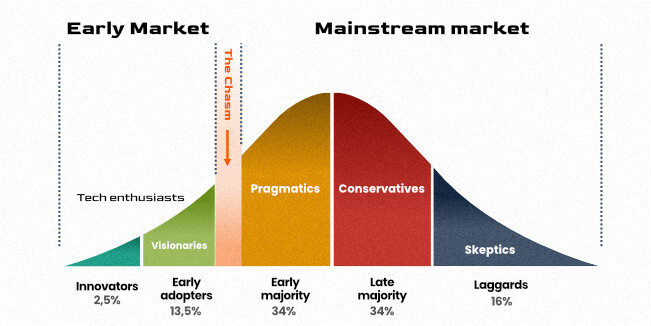Good morning gentlemen
I am very happy with the input from everyone on this topic. Probably one of the nicest non-product topics I ever had here in the forum.
I almost get to regret not posting such a theme earlier, but I refrain. The conditions now are very specific and the calamity of the moment helps to have a more unfiltered discussion 
There are some overall comments I want to make and also some individual replies.
1 - The users
First and foremost, if it was not clear in the initial post, I am talking here about the spin-off commercial projects that use our software and how they hurt us.
I am, in no way, blaming users. I sense that some people here are feeling “guilty” about being MODEP users and are sort of apologizing. The MODEP team even posted a letter here in the forum - Blokas Letter to MOD Community - in which @Pranciskus writes:
Nobody is blaming users. I am making a direct critic of the people who run those projects. If it was not clear in the original post, I hope it is now.
2 - The constellation around the hardware
Second, is that the difficulty I am trying to express is related to the business side of things, especially the relationships with other business partners and also investors.
While software distribution can be scaled almost in a limitless way at no cost, hardware does not. Distributing hardware means moving material, which costs money.
While software startups can work mostly on their own, hardware startups MUST create an entire constelation of partners, that extends from the raw material suppliers and the whole supply chain to the brick & mortar shop at the very end of the distribution. Everyone in the constelation is moving material.
Everyone in this “material moving chain” is taking a risk, after all, material costs money.
The difficulty I expressed with my post is related to the creation of this constelation of “material movers” when there are cheaper “copies” of your product obtainable elsewhere. Retailers and distributors are absolutely scared of that, as it undermines their efforts and threatens their sales.
As I mentioned before, I know the products are not the same. But for the ones who do not know, these products are a “cheap knockoff”.
In order to get all this material moving, money has to be thrown into it and that´s where investors come in.
Similar to the dealers, investors get very afraid of these cheap knockoffs for two reasons:
- it gives foundation to their natural fear of open source, as the knockoff just exists because it is open source
- it diminishes the interest in the business, as the knockoff removed the “unique” from our “selling propositions”, and if there is one thing investors want, is a unique selling proposition.
Who, in his sane mind, will put money in a project that makes 500€ products that can be “copied” and sold for less than half of the price???
I know that the sentence above is very imprecise and shallow, but that is how non-musicians and non-techies see it.
To make it even worse, because we are community-based, news inside the community travels fast to the point that these knockoffs are available before we can even put our feet on the real market. Both Zynthian and Blokas were already selling devices with our system before we even released our 1.0 software and got the CE and FCC certifications…
Feels like those movies where the prom queen arrives at the prom just to discover that many girls are using the same dress…
3 - The customers
I am glad to read that many here have passed through Blokas before opting to buy a MOD device.
The comment I have about this is that, in the adoption curve of a technological product, you have groups of customers that adopt the product as time passes and the product gets more popular.

The first two groups - innovators and early adopters - are essential for the success of moving into the first big group, the early majority.
It is quite a bummer that we start with competition and segmentation of customers already in this initial phase. Instead of getting full support from these initial adopters, we are actually already sharing a market from day one.
I hope this helps to clarify my point 
As I said in the original post, I am expressing the difficulties we had when trying to make a product as we did. It is not about finding culprits not blaming someone, but more of an exhibition of the bigger picture, so that everyone can reflect on it.




